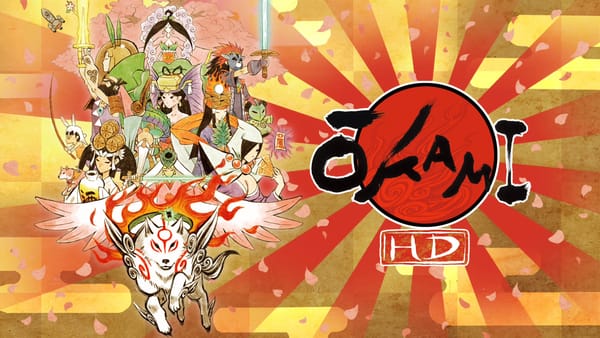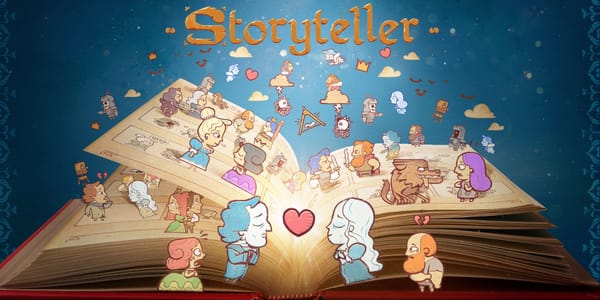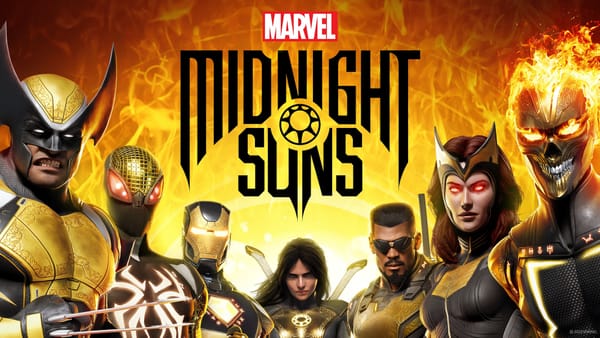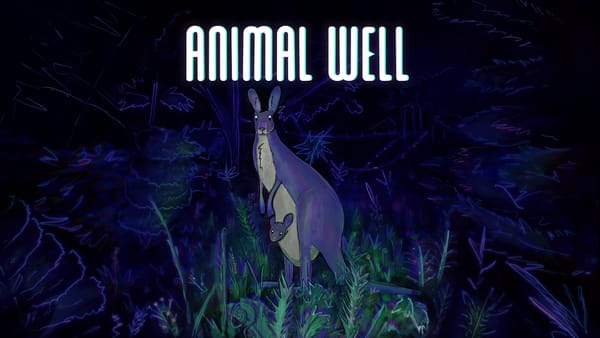Final Fantasy XVI and letting games be nonsense
Please. They don't all have to be smart. Some of them can just rip.
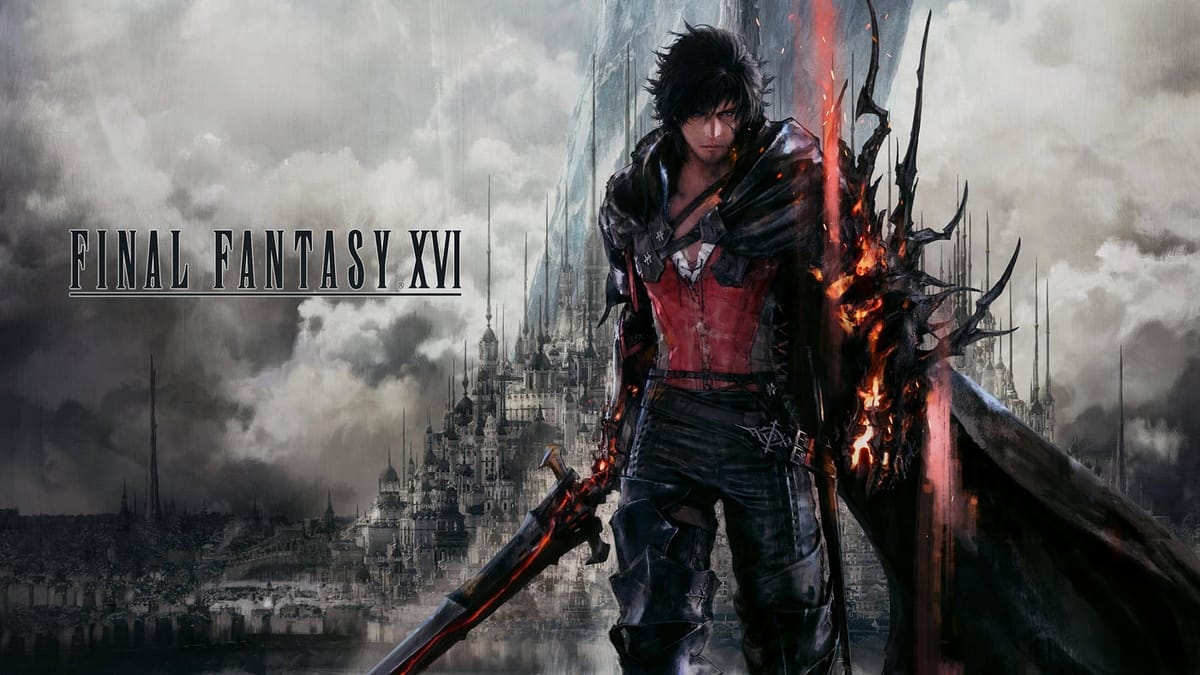
I’ve never yearned more for crystal nonsense than in Final Fantasy XVI.
crystal nonsense (noun phrase)
crys·tal non·sense
When the plot of any game stops making intuitive sense and becomes about the energy of the crystals, or the machinations of an unseen god, or the machinations of an unseen god enacting their will via the energy of the crystals.
- The plot of Final Fantasy XVI ultimately forgets about slavery and abolition in lieu of some late-game crystal nonsense, and, honestly, it should’ve been about that from the start.
You might’ve heard: Final Fantasy XVI has something to say about slavery. Not anything good or sensical, mind you. But something. Honestly, it’s been covered to death how poorly-executed this particular plot contrivance is, so I’m not going to do it here at length. But for a game where the first 10 hours are a painfully sincere and awkward march toward the revolutionary idea that maybe, just maybe, slavery is bad, it has to at least be acknowledged how disappointing this is, especially in combination with the Game-of-Thrones-ification of this storied property. If I could cut those ten hours out of the game and replace them with literally anything else, I would, because when XVI forgets about all of that, it absolutely rips.
I want you to look at this gameplay clip I captured, because your reaction to how it deploys slow motion will determine whether or not you can stomach the idiocy of the plot to get to the fun part, which is how good it feels to play.
“That rips,” I said to myself, headphones on, alone in the TV room with my wife and dog somewhere downstairs, asking themselves, “What rips?”
What rips, indeed.
Final Fantasy XVI would be a better game if it got out of its own way and let itself be nonsensical. The late game story, as I’ve intimated, devolves into questions of divine will and crystals, and, even though it’s incomprehensible, it’s a better match to the game’s love of pure spectacle, wherein climactic battles take place at the bottom of the ocean and in freaking space than a ham-fisted attempt at a grimdark tale about would-be abolitionists.
The developers of XVI have described the game as being like a rollercoaster, to which I would respond, yes, except it’s also like getting off a rollercoaster and standing in line, waiting desperately to get back on that same rollercoaster. Don’t get me wrong: not every battle can occur in space without a flattening effect taking in. Music that’s entirely fortissimo loses its sense of being loud. But did the standing in line bits have to be about children keeping human beings as pets? Did they have to be fetch quests related to chattel slavery?
Playing Final Fantasy XVI, I wondered why it felt the need to speak to these themes instead of being what it clearly wanted to be, which is a spectacle machine. Despite my recent assertions on games being art, sometimes games can just be silly. Games can be camp. Games can be nonsense. And Final Fantasy XVI is, at its core, nonsense. Crystal nonsense, in my parlance.
So why not just commit? Why not just be sublimely meaningless? Why not just be a game about huge-ass monsters fighting other huge-ass monsters, sometimes in space? Those are the best parts of the game, and the moments where it feels most itself. I get that there’s a need for pianissimo alongside the fortissimo, but the thing about quiet parts is they can just be quiet. They don’t have to be so serious.
Maybe Final Fantasy XVII will learn this lesson. Maybe they’ll remember that Final Fantasy doesn’t have to say “fuck” so often to be a game for big boys. Or maybe they’ll just keep metatextually iterating on Final Fantasy VII, which actually might not be the worst inclination at the end of the day.
Just keep the space battles and the slo-mo, though. Those parts rule.


